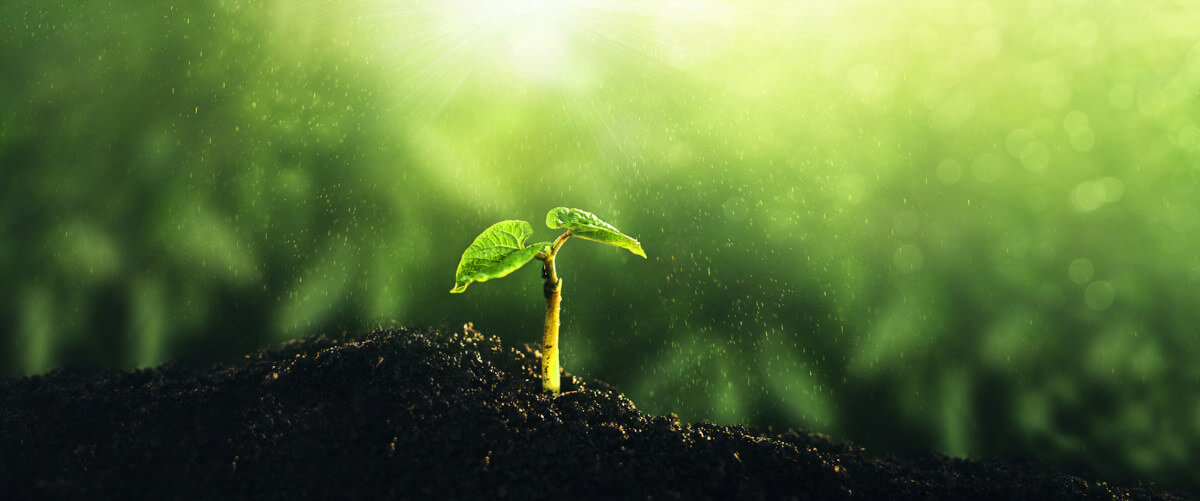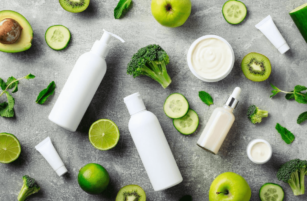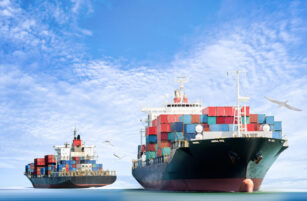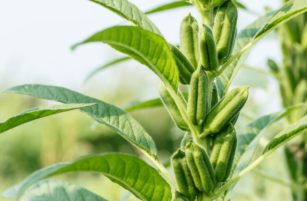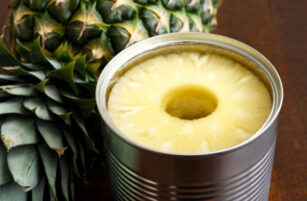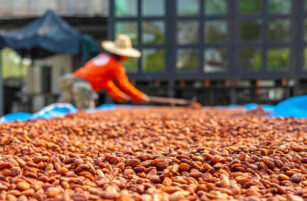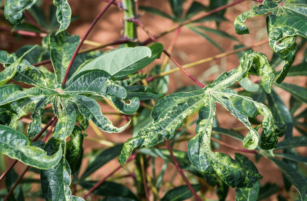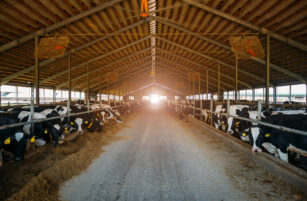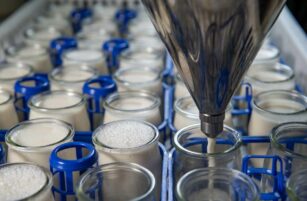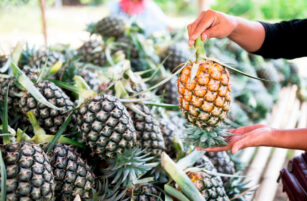Insight Focus
- Brazil opens new markets for agribusiness products with a focus on sustainability.
- The country has the challenge of meeting global demand for sustainability in food exports.
- The intention is to increase exports of products such as cotton, specialty coffees and fruits.
At a crucial moment for global sustainability, Brazil finds itself at the center of attention, seeking to balance the growth of agriculture with ESG requirements. In an exclusive interview with Czapp, the head of the Brazilian Export and Investment Promotion Agency (ApexBrasil), Jorge Viana, discusses strategies to open new markets for Brazilian agribusiness and the challenges of adapting the country to global sustainability demands.

Jorge Viana, head of ApexBrasil. Source: publicity photo/ApexBrasil.
How can Brazil connect its export agenda to the ESG agenda?
The ESG agenda has been strategic for the whole world and for Brazil. Everyone at ApexBrasil knows that it is our job to promote the Brazil brand around the world, taking environmental concerns into account. This message is going around the world.
Brazil is a green power and has a lot of potential to develop sustainably. It is necessary to assimilate and put into practice that it is possible to reduce deforestation and increase production. We have the greatest potential on the planet to attract investment in renewable energy, for example.
It is also worth remembering that buyers previously sought large-scale production at a lower price. Today, they already prioritize those who produce sustainably.
There is, of course, a lot that Brazil can and should do to comply with ESG criteria. We are on the right path, seeking to increasingly improve initiatives so that the country incorporates these practices and assumes global leadership in this scenario.
In Europe, the USA and other countries, the ESG agenda in agribusiness has been gaining strength, including through regulations such as the new European food import law. What do Brazilian exports have to gain from strengthening sustainability?
Everything. It is a paradigm shift, in some cases of practices and, ultimately, of image, business and profit. A 2022 survey by ApexBrasil showed that 81% of the European parliament had a negative image of Brazilian agribusiness. We are once again seen as a country aware of its global responsibility, working to reduce the impact of climate change.
It is worth remembering that ApexBrasil is a great ally of agribusiness, mainly responsible for the increase in our exports. In 2023, the agency’s agribusiness management supported more than 2,500 companies, of which 983 exported, reaching a sales value of US$89.3 billion. Last year, together with partner entities, we executed 22 sectoral projects linked to agribusiness, all with ESG pillars.
A good example is the partnership with the Brazilian Association of Cotton Producers for promotional actions and trade missions abroad with a focus on sustainability, in places such as Indonesia and Bangladesh, two large cotton markets.
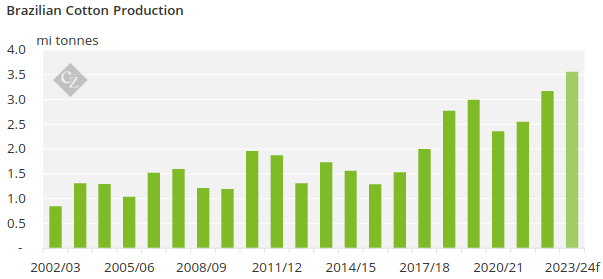
Source: Conab.
There are other partnerships that encompass sectors such as specialty coffees, livestock, cotton, wines, juices, and fruits, as well as key solutions in the energy transition process, such as ethanol. By 2024, our expectation is to close five more partnerships with agribusiness entities, such as producer associations, resulting in 27 sectoral projects and more than US$92 billion in exports.
From these projects, R$240 million will be allocated to actions aimed at agriculture, of which BRL 150 million will be contributed by ApexBrasil. These are projects that will follow sustainability, gender equity, regionalization, and image guidelines. ApexBrasil also intends to support 2,254 Brazilian agribusiness entrepreneurs, producers and cooperatives who wish to enter the international market, through training, seminars, forums, and round tables focused on exports.
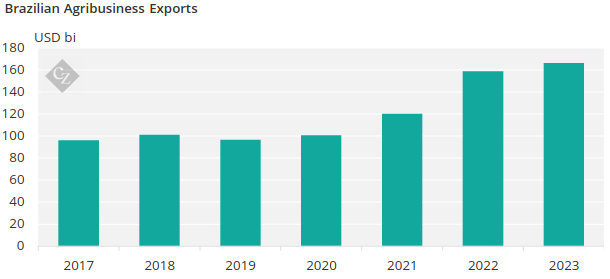
Source: MAPA – Agrostat
In 2023, Brazilian agribusiness exports reached a record US$ 166.55 billion, representing almost half of the entire Brazilian export basket. The driving force of agribusiness will conquer, in 2023, 78 new markets in 39 countries. And in these first two months of the year alone, there were 16 new markets, totaling 94 markets in 47 countries.
We opened the gelatin market to the United States, tilapia fingerlings to the Philippines, cattle to Pakistan, açaí powder to India, fish to Australia, among others. Everything indicates that we are heading in the right direction.
How are conversations going with Saudi Arabia and other Middle Eastern countries to expand exports and direct investments in Brazil?
Saudi Arabia is a strategic country in the effort to deepen relations with the Middle East. It is Brazil’s largest trading partner in the region, with trade flow exceeding US$ 8 billion in 2022. This is the result of diplomatic relations that date back to 1968.
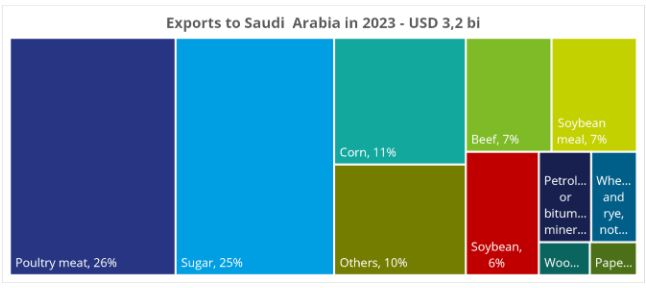
Source: Comex.
But, despite the significant commercial flow, there is great potential for increasing economic relations, especially in the field of investments. Saudi Arabia’s entry into BRICS and the Saudi government’s investments foreseen in the Vision 2030 Plan are expected to create opportunities that will impact the expansion of the economy.
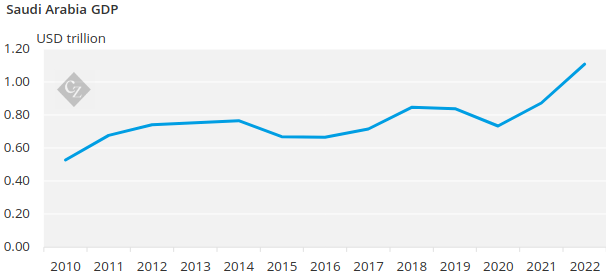
Source: World Bank.
How are the programs to promote the Brazilian bioeconomy?
We know the potential of the Amazon’s bioeconomy capacity, where you can, in addition to producing and exporting, help keep the forest standing.
Products compatible with the Amazon Forest, such as açaí, represent a market worth around US$200 billion worldwide. However, despite being home to 30% of the planet’s tropical forests, the North region contributes less than 0.2% of global exports of these goods.
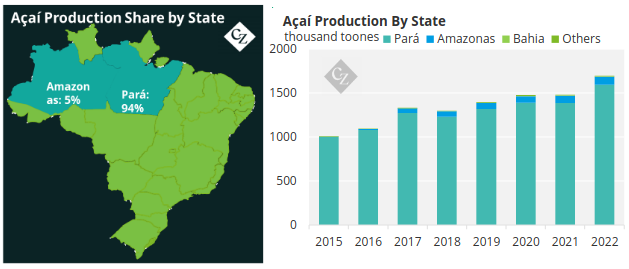
Source: IBGE
There is a program to encourage sustainable exports from the Amazon, right?
Yes. Exporta Mais Amazônia is a program that we launched in 2023 with the aim of promoting and creating more space for products in line with the forest. Since the launch of the program in November, we have been preparing companies and cooperatives in the Amazon region to expand their presence in the international market.
We have already held business rounds with companies in sectors such as açaí, cocoa, chocolate, Brazil nuts and Amazonian fish to increase export supply.
Another program that we launched in 2023 and which also works in favor of the country, particularly in the North and Northeast, is Exporta Mais Brasil. Last year we carried out 13 rounds of the program, in 13 different states, promoting different sectors of the economy. In each of the rounds, special attention was given to companies in the North and Northeast regions, as well as those led by women.

We held meetings on furniture in Paraiba, fruit in Pernambuco and several other sectors in different states. BRL 275 million in business was generated.
It is worth remembering that the focus on sustainability and regional development has everything to do with the ESG agenda in which we are investing. We are talking about a paradigm shift. As I said, Brazil is a green power and we are working hard to be seen as a country aware of its environmental responsibility, which understands the seriousness of climate change and works to reduce its impact, facing the challenge of decarbonization.
